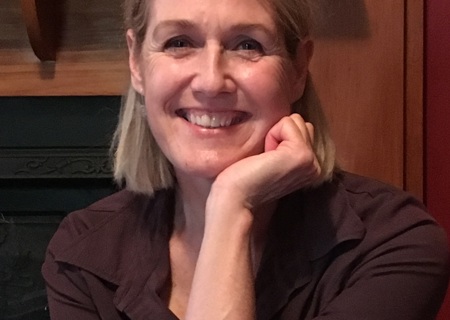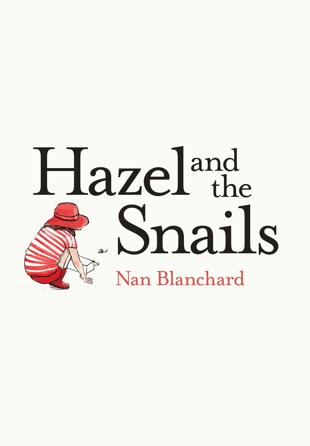Your book has just gone to print and it’s your very first. Pleased with it?
It feels very unreal (pinch pinch). It takes so many people to create a book and everyone has done such an incredible job. I feel extraordinarily lucky. It looks and feels and smells beautiful.
When did the idea for this book first start to form in your mind?
It didn’t form at all. At least not consciously. It just happened as I started to write. But in some ways, I have probably been writing this story all my life. Unconscious processes are so fascinating.
Hazel is such a great personality. Did you have a pretty clear impression of her from the get go?
Not really (that sounds like Hazel!). But I think I must know her somehow because she just arrived, fully formed. In some ways, she is an amalgamation of my children when they were little. (My daughter would say I stole her life!) But there’s probably a lot of me in her too.
What do you hope your readers will absorb from reading about Hazel and her friends and family?
Mostly I just hope they enjoy their company. Particularly Hazel’s.
You are now part of the new Annual Ink stable of writers. How did you come across Annual Ink’s Kate De Goldi and Susan Paris and begin to shape this book?
I met Kate when I did a writing workshop she ran through Victoria University Continuing Education a few years ago. I nearly didn’t go. I’ve admired Kate forever and could barely breathe in her company. A couple of years later she facilitated another writing workshop. This time at my house. After that, she offered to mentor me, which was totally thrilling. I met Susan when they decided to publish my book. They are gorgeous people. They have such encompassing intelligence — both emotional and intellectual. They are also hilariously funny.
Annual Ink is on a mission to publish quality books for the middle reader that extend vocabulary, among many other good things. Your book is full of fabulous words. Mellifluous comes to mind. Do we underestimate what children can manage when it comes to language do you think?
I think children have a huge capacity to absorb new things, including language. And I guess exposure to unfamiliar language breeds familiarity. Context helps children to work words out. For adults too. Although too many unfamiliar words in a sentence or in a book can be very discouraging. If I was to try and read an academic text on physics I’d end up throwing it across the room because I don’t have a base line vocabulary (or knowledge) to act as signposts to help me.
There is a sad story at the heart of this book but I’m sure you don’t want it pigeon-holed as an ‘issues book’. How would you describe it?
It is sad, isn’t it. But I hope it’s also funny with an everyday ordinariness. I wouldn’t like to think it is didactic in any way, imparting ‘wisdom’ or making something into a teachable moment.
You have a full-time job. How hard was it to find the space to write the book?
I did a lot of writing at weekends and early in the morning. Sometimes in my lunch break too. I’m lucky enough to work at home most of the week so the time it would usually take to travel to and from work could also be used for writing.
What were your strategies when the going got tough?
To turn up music really loud (usually The Seekers). To talk endlessly (and boringly) to my partner about how I was stuck. Then, sit down and try again ...
What are you reading at the moment?
Abide With Me by Elizabeth Strout. All of Michael Morpurgo (I’m up to War Horse). And at night (to go to sleep) I’m listening to Just William by Richmal Crompton. I love Richmal Crompton, and collect all the William books.


